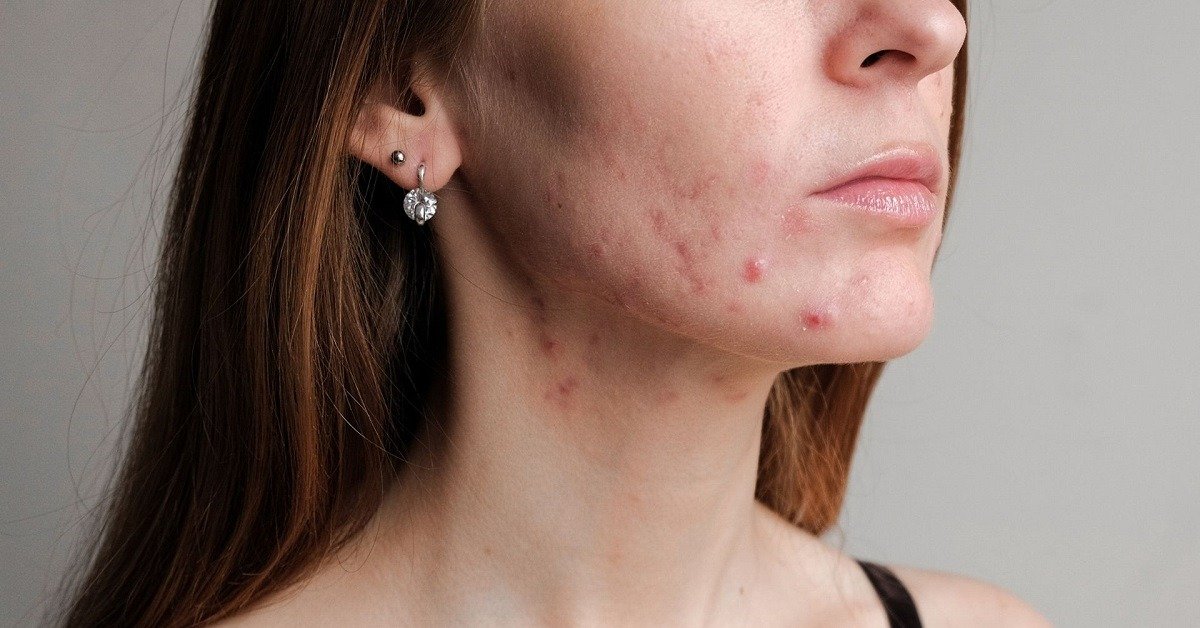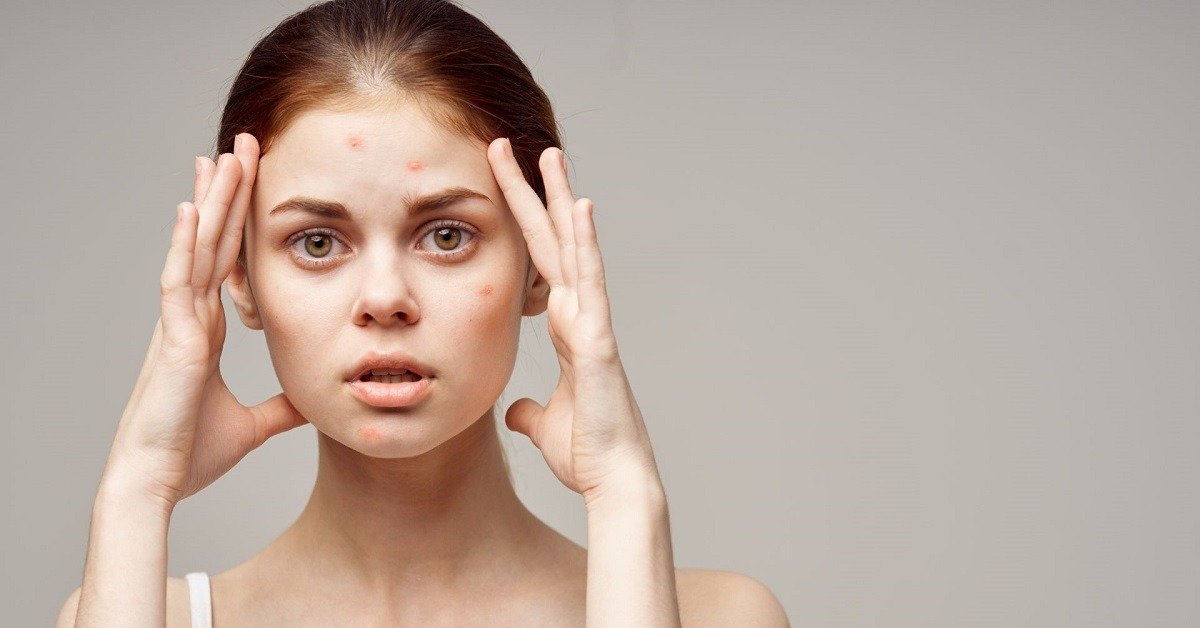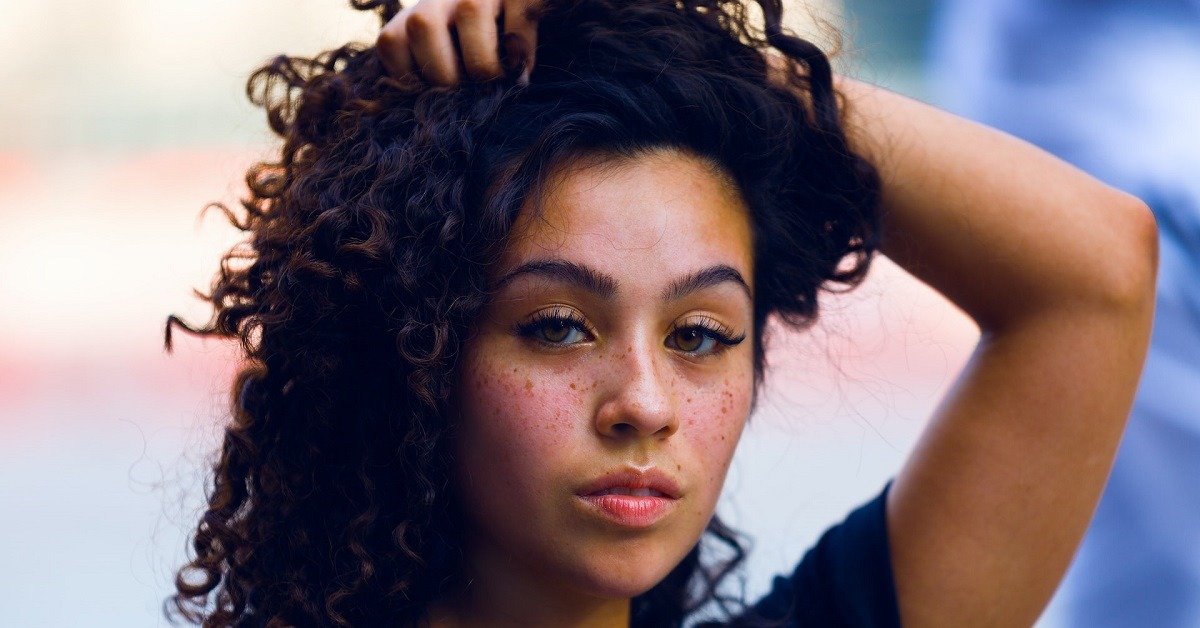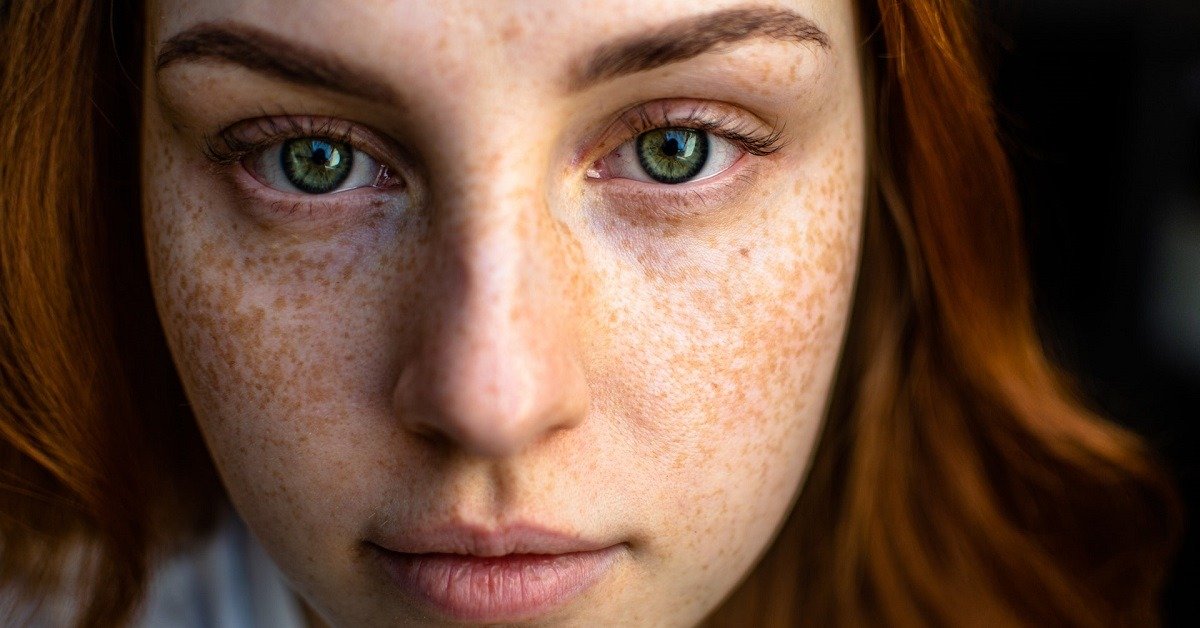
Most people experience acne, a common skin ailment, at some point in their lives. It can result in pustules, inflammatory cysts, whiteheads, blackheads, and pimples. How do you get rid of acne? Continue reading to find out.
What causes acne?
Although it can begin at any age, acne is most frequently associated with changes in hormone levels throughout puberty.
The skin’s grease glands adjacent to hair follicles release more oil when certain hormones are present (abnormal sebum).
A normally benign skin bacterium called P. acnes changes its behaviour in response to this abnormal sebum. It, therefore, becomes more aggressive, hence producing pus and inflammation.
The hormones thicken the pores by thickening the inner membrane of the hair follicle. Skin cleaning does not assist in removing this obstruction.
Other possible causes
Some people develop acne when their pores become clogged by excessive oil production from their skin. However, numerous additional elements, such as the following, may also influence the emergence of acne:
- Genetics
- Certain medications
- Excess sunlight
- Tight-fitting clothing
- Endocrine or hormonal disorders
- Oily cosmetics
To determine which factor or set of factors is causing acne, consult a doctor or dermatologist. Many treatment and prevention strategies are similar irrespective of the cause. The following advice can assist in preventing acne and minimising outbreaks.

How do you get Rid of Acne on your Face?
A person might attempt a variety of things to try to prevent pimples and other types of acne. These self-help methods might be beneficial:
- Wash your face twice per day. Avoid washing the affected part of the skin more than twice each day. Frequent washing might aggravate symptoms by irritating the skin. Use lukewarm water and a light soap or cleanser to wash the affected area. Water that is too hot or cold might worsen acne.
- Avoid scrubbing. Blackheads and spots shouldn’t be “cleaned out” by squeezing them. This can irritate them and leave lifelong scars.
- Avoid popping or squeezing pimples. Squeezing a pimple could be tempting, but doing so can lead to scars and irritation.
- Avoid oil-based cosmetics, skincare, and sunscreen products (also referred to as “comedogenic”). Use non-comedogenic products with a water basis because they are less prone to clog your skin’s pores. Remove all of your makeup before you wind down for the night.
- Wear sunscreen when going outside. The skin can suffer various negative effects from too much sun. Additionally, sunburn may trigger excess oil production that aggravates acne
- Exercise. Although regular exercise cannot treat acne, it can increase self-esteem and lift your mood. However, after working out take a shower as soon as you can because sweat might aggravate your acne.
- Wash your hair frequently and try not to let your hair fall across your face. Acne may worsen if more oil from the hair touches the skin. Oil-based hair care products can also result in breakouts on the scalp and hairline. By avoiding these products, you can reduce your chance of getting acne.
- Refrain from exfoliating too much. Exfoliation is the procedure used to remove skin’s dead cells. While a little exfoliation might help reduce acne, excessive exfoliating can increase breakouts. When the skin’s natural oil is removed in excess, this occurs. In order to make up for this, the skin could generate extra oil, which clogs pores and causes additional breakouts.
- Avoid oil-containing skincare products. Oil-based skincare solutions have the potential to block pores. This may exacerbate acne symptoms and make breakouts more likely.

When Should you Seek Medical Advice to get Rid of Acne?
Acne cannot be cured, but it can be managed with the right medication. If you have it, ask a pharmacist about treatments for mild acne.
Make sure to contact us if these measures do not treat your acne or if it is causing you great distress.
If you have nodules or cysts, moderate to severe acne, or both, you should visit a dermatologist because these conditions need to be handled carefully to prevent scarring.
Do not anticipate results right away because treatments can take up to 3 months to take effect.
Who is Mostly Affected by Acne?
Younger people and teenagers frequently suffer from acne. To some degree, 95% of people between the ages of 11 and 30 have acne.
Acne is most prevalent in girls between the ages of 14 to 17 and 16 to 19 in boys.
Most people struggle with acne occasionally for years before their symptoms begin to get better as they age.

Acne usually goes away when an individual is in their mid-20s.
However, acne can sometimes persist until adulthood. As a result, about 3% of adults above the age of 35 have acne.
Shop online at WePrescribe Pharmacy today for the best gel to treat acne.


